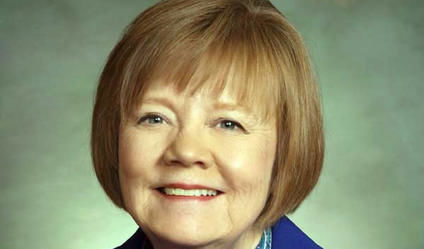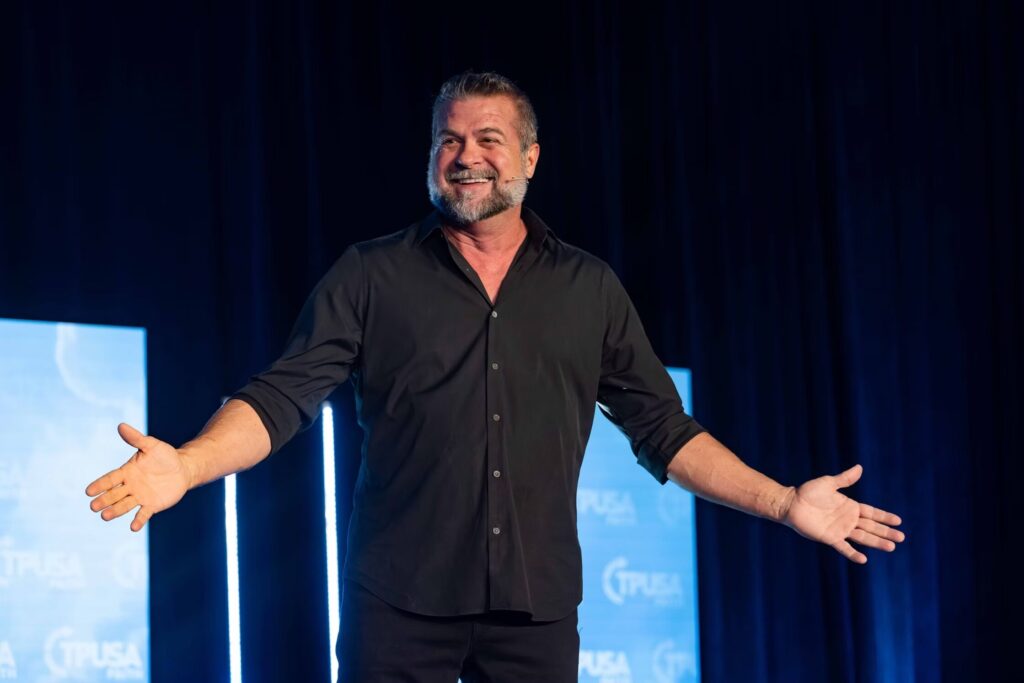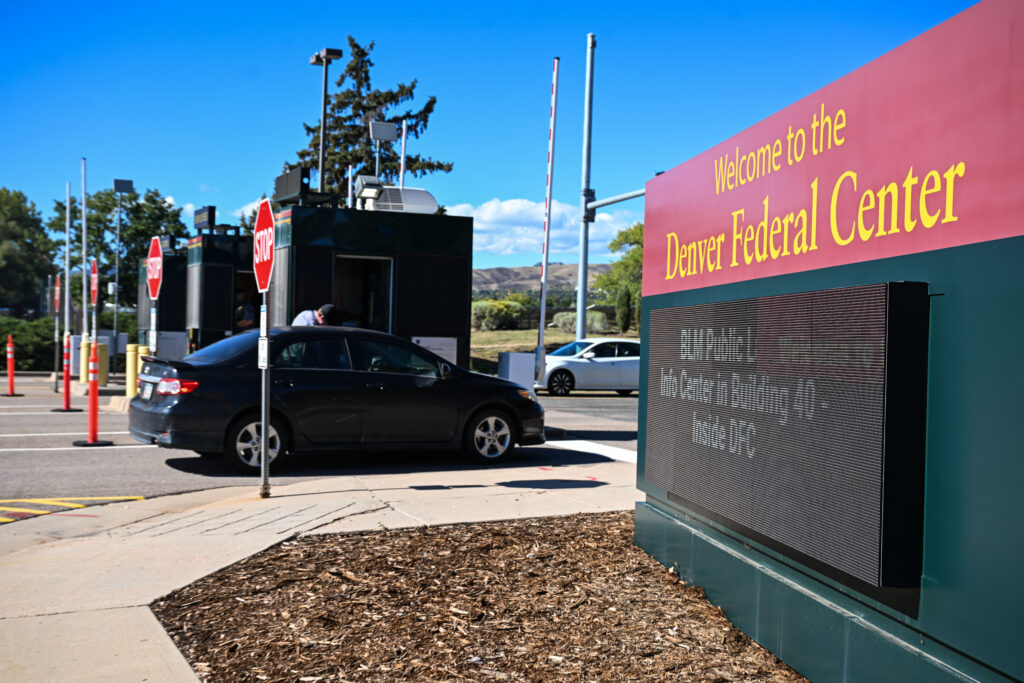Speaker Dickey Lee Hullinghorst: Session was successful, not ‘do-nothing’

Now that the dust has settled a bit, we have a clearer view of what we accomplished in the Colorado General Assembly in the 2015 session. I’d like to begin this retrospective by dispelling the notion that this was a do-nothing legislative session. Contrary to the pundits who have been arguing since Opening Day that the Republicans who control the Senate and the Democrats who control the House would cancel each other out, we actually got some important things done with strong bipartisan support. I’d like to applaud Senate President Bill Cadman, Senate Minority Leader Morgan Carroll and House Minority Leader Brian DelGrosso for their leadership in making this a productive session.
Easily the most bipartisan major effort of the session was our Colorado Ready to Work package, which will strengthen the economic security of middle-class Coloradans and attack lingering unemployment by connecting more Coloradans, especially younger ones just starting their careers, to the skilled, high-tech jobs Colorado’s economy is now producing. I thank the individual bill sponsors and especially Majority Leader Crisanta Duran for her hard work to assemble and coordinate those 10 bills, nine of which were approved by the General Assembly and signed by Gov. John Hickenlooper.

We also worked across party lines on the Rebuilding Trust package, another 10-bill package intended to mend relations between Colorado law enforcement agencies and the communities they serve. In light of notorious incidents in other states, and with our own problems here in Colorado, this was a very delicate subject. Rep. Angela Williams, the coordinator, and the individual sponsors deserve kudos for their effort in winning legislative approval for six of those bills.
Any discussion of bipartisan achievement must mention the “long bill.” The only thing the General Assembly is constitutionally mandated to produce every year is a balanced budget. But the 2015-16 budget hammered out by Democrats and Republicans in the Joint Budget Committee, and on the House and Senate floors, was more than just a balancing of revenues and spending. By carefully balancing the sometimes-competing interests of Colorado’s families, workers, students, businesses and communities, we produced a budget that passed the test of morality, and we have two House members of the JBC, Reps. Millie Hamner and Dave Young, to thank for making sure decency was spared the budget ax.
There was no constitutional mandate to reform our testing and assessments standards for our K-12 students. But legislators on both sides of the aisle were driven by strong public demand for change, and we reduced the burden of state-mandated testing by nearly 40 hours over the course of a Colorado student’s K-12 “career” while retaining the ability to measure performance, so we can assure that our students meet standards and our teachers are accountable for making sure their students learn.
The balancing acts represented by the budget and school testing bills required literally hundreds of hours of tough bipartisan negotiations. Those negotiations could have broken down at any time; in fact, I think it’s fair to say they did break down, more than once. But we kept at it. We worked through our differences. We avoided gridlock. We proved the pundits wrong.
Having sung the praises of bipartisanship, I will not blithely ignore the real impacts of a split legislature.
Sure, House Democrats had to play Whack-A-Mole with Republican bills to take away a woman’s right to choose, suppress the right to vote, make religion an excuse for disobeying the law and roll back our state’s commitment to renewable energy. But that has happened every year, lately. The difference this year was that Senate Republicans were able to answer in kind, using their one-vote majority to kill a slew of Democratic bills.
I wasn’t surprised. I’ve been around Colorado government long enough to know that neither side was going to set aside its core principles during this legislative session. And I will always respect any position, even one with which I strongly disagree, as long as it is solidly founded on well-considered principle.
But I’m still puzzled by the GOP’s handling of some decent, seemingly noncontroversial bills to defend and expand Colorado’s middle class. We wanted the Office of Consumer Counsel to continue to have authority to challenge price-gouging telecommunications companies. We offered some modest tax credits to help middle-class Colorado families save to send the kids to college. We sought a study to address the rising number of Coloradans who are nearing retirement without savings and/or pensions that are adequate to keep them out of poverty. We wanted to continue the state’s Pay Equity Commission, which has been seeking ways to reduce the compensation gap between women and men doing the same work.
Every one of those measures would have helped middle-class Colorado families. Senate Republicans killed them all.
It’s also unfortunate we could not agree on a mechanism to relieve the pressure that our TABOR spending restrictions are placing on our state government’s ability to deliver services at a level demanded by a growing and increasingly prosperous Colorado. If we don’t do something soon, the budget next year is going to be a brutal process of pinching pennies at a time when our state’s booming economy should be allowing us to fix the potholes that are showing up not just in our roads, but in our schools and human services systems.
The ultimate threat is that state services will begin to lag so far behind the state’s needs that prospective employers will decide not to set up shop in Colorado and existing businesses will move away, triggering a recession that’s entirely home-grown, not one caused by national or global forces.
Late in the session we offered a remedy – a proposal to move the hospital provider fee, which is not a tax, out from under the TABOR cap, which was intended to apply to taxes only. This would give the state several years of breathing room to provide quality roads, quality schools and other services that weigh heavily when employers make siting and workforce decisions, and when Coloradans make decisions about where to settle down and raise their families.
The remedy failed to get much traction with legislative Republicans. I’ll take them at their word when they say the hospital provider fee bill is a promising idea, but simply came too late in the session to receive careful consideration. I’ll be one of many elected officials working over the interim to build support for the measure for next year.
But all in all, 2015 was a highly productive session. It’ll take a redoubled commitment to bipartisan problem-solving simply to make the 2016 session as productive as the 2015 session was. Despite the political difficulties, I think we can manage to make it work.
– Dickey Lee Hullinghorst is speaker of the Colorado House of Representatives. She is a Democrat from Boulder.













